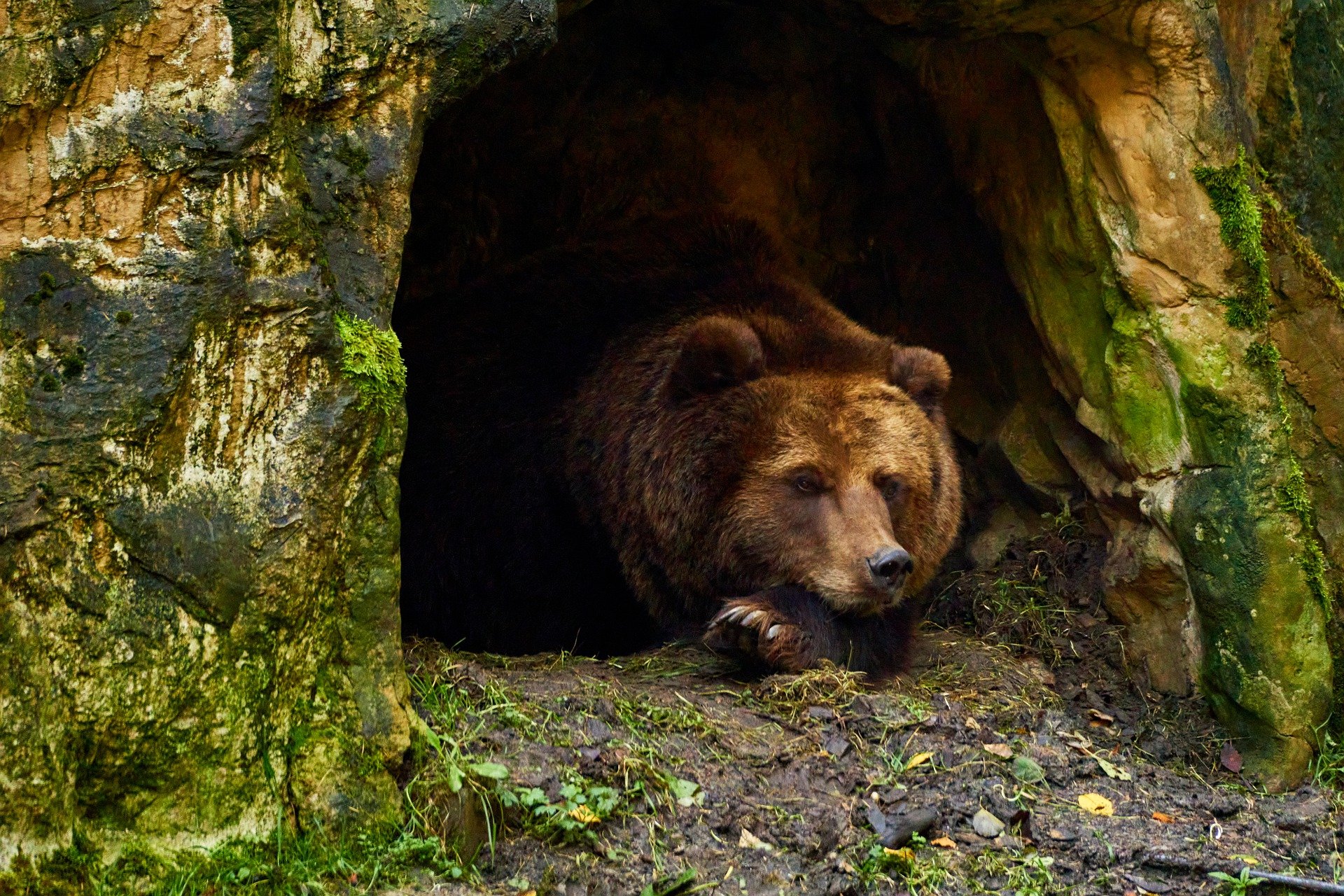
Large parts of the country were hit by violent storms and strong winds over the weekend, caused by a cold front of a hurricane named "Malik" moving through Europe.Continue reading

According to one of the best-known stories in Hungarian folklore, if a bear comes out of its cave on February 2nd and sees its shadow (i.e. it’s sunny), it will go back to hibernate for the winter, because it might still be cold. But if there are clouds in the sky, it means that winter is almost over for the bear. The bears of Hungarian zoos also came out today to predict the arrival of spring.
According to the Hungarian Academy of Sciences (MTA), the root of this folktale goes back to Transylvania and from there to Mór Jókai, because some believe that the figure of the “weather bear” was born in his fantasy.
Jókai wrote the following in his novel The New Landlord:
“There is one day in the winter which is called Candlemas Day. How the bear knows when that day comes round is one of those mysteries in natural history which scientific men have not as yet cleared up. It is sufficient for us to know that on Candlemas Day the bear leaves his cave, and comes out to look about him. He looks to see what sort of weather it is. If he sees that it is a beautiful sunshiny day, the snow melting, the heaven azure, and the foolish birds piping congratulatory hymns to an imagined spring—— (as they mistake for leaves the mistletoe on the trees, whereas in fact birdlime will be made of it, on which they, poor fools! will be caught) — if mild, soft breezes are blowing, then the bear goes back to his lair, lays him down on the other side, puts his nose between his paws, and sleeps for forty days more; for he knows that all that fine weather is merely the coquetry of the winter, like the liberal programme of an absolutist ministry. If, on the contrary, the bear sees on Candlemas Day that it is very ugly, stormy weather, that the wind drives along the flakes of snow, the tops of the trees creak and sigh, and on the withered branches the black troop of crows croak, as though they would say, ‘Tremble ye, for there will never be any more summer; the winter hath promised us that it will endure for ever; we have taken the winds into our pay, and they will now blow as we list; the sun has grown old, has no more strength, and has quite forgotten you; it were a pity to wait for him;’— if the ice-drops still hang from the pine-tree boughs, and the voice of the wolf be heard howling in the depths of the forest, then the bear shakes his pelisse, rubs his eyes, and with determined good humour trots off into the wood. For the bear knows very well, that the winter is now spending the last of its rage. Let it blow, let it snow, let it bluster; the more violent is its wrath, the sooner it will be over. And the bear is always right.”
(Source: Mór Jókai’s “The New Landlord,” from the Hungarian Electronic Library. Translation by Arthur J. Patterson)
The Hungarian “Bear Day” is very similar to Groundhog Day, a popular North American tradition observed in the United States and Canada on February 2nd. It derives from the Pennsylvania Dutch superstition that if a groundhog emerges from its burrow on this day and sees its shadow due to clear weather, it will retreat to its den, and winter will go on for six more weeks; if it does not see its shadow because of the clouds, spring will arrive early.
Hugi’s exit from its cave was live-streamed on the Budapest Zoo’s Facebook page, but it was not yet confirmed if the bear saw its shadow or not. However, in the video, it seemed that the sun was shining, so based on that, the bear might have been able to get a glimpse of its shadow.
The bears of the Szeged Wildlife Park also came outside today for snacks, and this event was live-streamed as well. The wildlife park shared a picture of the animals, Mici and Ursula, sleeping beforehand:
One of the bears, however, quickly became eager to go outside:
Based on the video, it seemed that the bears in Szeged might have also seen their shadows, which means that we might have to prepare ourselves for the cold weather for a while longer.
Featured image: illustration via Pixabay